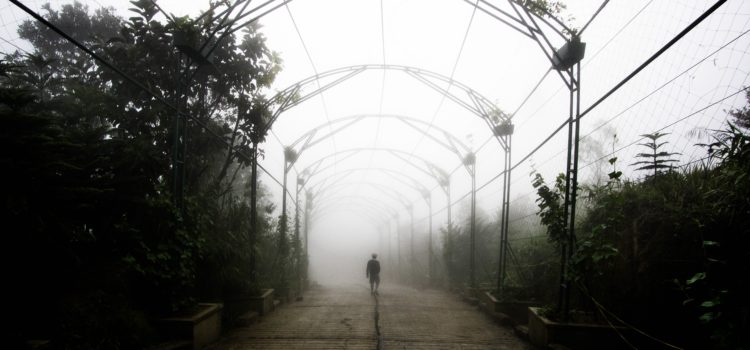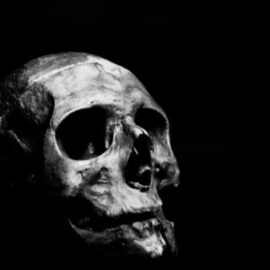

This article is an excerpt from the Shortform summary of "The Immortal Life of Henrietta Lacks" by Rebecca Skloot. Shortform has the world's best summaries of books you should be reading.
Like this article? Sign up for a free trial here .
Who was Bobbette Cooper Lacks? How did the death of Henrietta Lacks affect Bobbette and her relationship with Lawrence? How did Bobbette Lacks help the younger Lackses?
Bobbette Lacks is the wife of Lawrence Lacks, son of the late Henrietta Lacks. Bobbette took in Lawrence’s younger siblings who were living in an abusive home after their mother’s death.
Learn more about Bobbette Lacks and her perspective on Henrietta’s treatment.
Becoming Bobbette Lacks
In 1959, Lawrence moved in with his girlfriend, Bobbette Cooper, and she demanded that Lawrence’s siblings come live with them. Bobbette also told Deborah to fight off her cousins if they ever tried to have sex with her and to wait until she was an adult before she had babies. As Deborah grew, her male cousins did assault her, but she managed to fight them off.
Bobbette Lacks believed that Deborah’s sister Elsie’s disability might have had something to do with the fact that Day and Henrietta were first cousins. (All of the Lacks children suffered from hearing loss, which Bobbette also attributed to Day and Henrietta’s relation.) Deborah had long been disturbed by what had happened to her sister: For much of her childhood, Deborah hadn’t even known of Elsie’s existence; and when Day did tell her about Elsie, Deborah was afraid her sister, on account of her ignorance of sign language, had been abused and had no way to tell anyone.
Bobbette Lacks Learns About HeLa
In 1973, Bobbette met a researcher at the National Cancer Institute who was working with HeLa cells and had recently read one of the articles that identified Henrietta. This chance meeting was how the Lackses first discovered their mothers’ cells were still alive.
In 2000, when Skloot met the Lackses, Sonny and Bobbette expressed their skepticism of the doctors’ intentions. According to them, Hopkins was known for experimenting on African Americans during that time, even going so far as to abduct them. Bobbette Lacks told Skloot that, as a child, she was forbidden from going near Hopkins after dark for fear of being kidnapped.
Hopkins in its Community
Unfortunately, Bobbette Lacks had fears that reflected the historical and sometimes monstrous mistreatment of African Americans by the American medical establishment.
Since the early 19th century, African Americans had traded tales of “night doctors” who would abduct people in the middle of the night for gruesome experiments. These tales weren’t just the product of superstition: During slavery, doctors would in fact test new drugs or surgical procedures—the latter without anesthesia—on slaves.
The irony was that Johns Hopkins Hospital was founded to help poor people and especially African Americans. Johns Hopkins’s father, a Maryland plantation owner, freed his slaves long before emancipation, and Johns Hopkins himself donated $7 million of his fortune to establish a medical school and charity hospital. In letters to the trustees he’d chosen for the board of the hospital, he mandated that the hospital treat those who couldn’t otherwise afford medical care and set aside funds for the express purpose of serving orphaned African-American children.

———End of Preview———
Like what you just read? Read the rest of the world's best summary of Rebecca Skloot's "The Immortal Life of Henrietta Lacks" at Shortform .
Here's what you'll find in our full The Immortal Life of Henrietta Lacks summary :
- How Henrietta's cells became used in thousands of labs worldwide
- The complications of Henrietta's lack of consent
- How the Lacks family is coping with the impact of Henrietta's legacy






